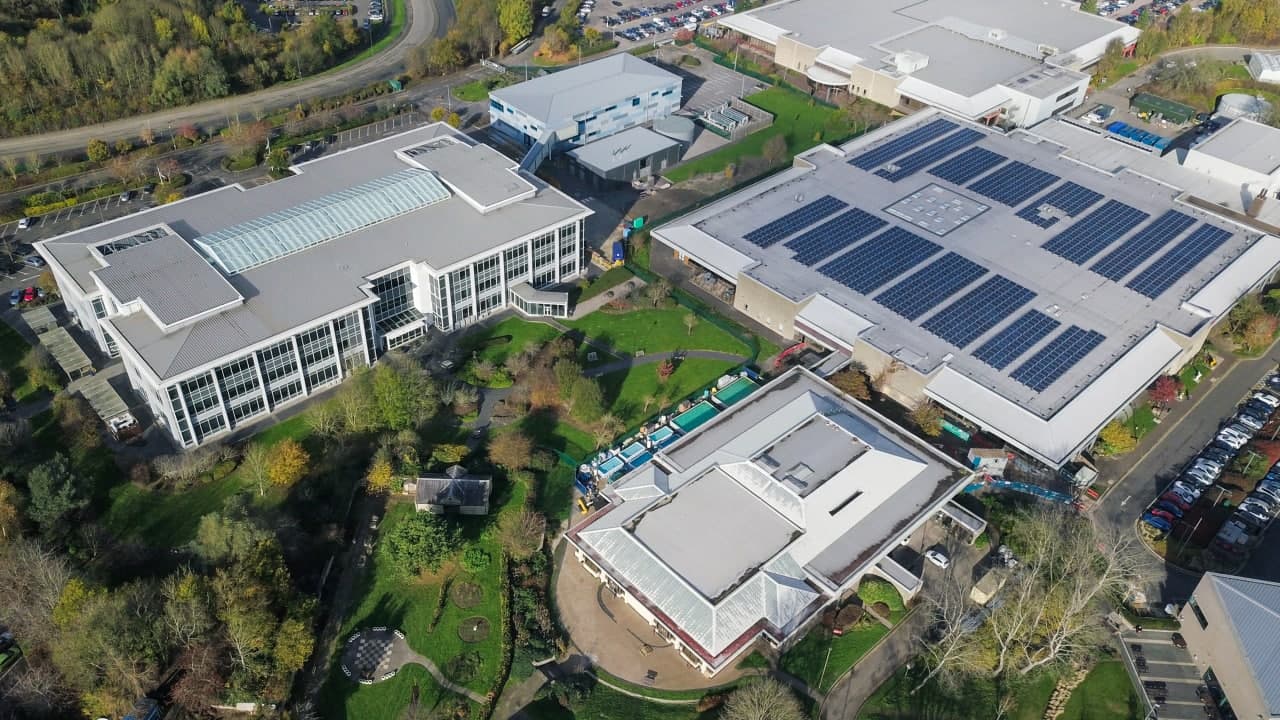Soil and Crop Sciences, the studies of field crops and soils, are the foundation sciences underlying the production and management of food, feed, fiber, and energy crops to meet human needs and to protect the environment. Students are taught the importance of learning soil and crop science principles in alleviating concerns of rapidly increasing world populations, the demand on land for food supplies, and the demand for environmental quality to enhance human comfort and wellbeing. Special emphasis is placed on improved production efficiency and the conservation of soil, chemicals, energy, plants, and water. The curriculum offers broad-based coverage of the basic natural and social sciences, communication skills, and opportunity to explore interests and leadership potential. Seven concentrations allow for specialization in the major:
Concentrations
Agronomic Production Management Concentration
Applied Information Technology Concentration
International Soil and Crop Sciences Concentration
Plant Biotechnology, Genetics, and Breeding Concentration
Soil Ecology Concentration
Soil, Land Uses, and Climate Change Concentration
Soil Restoration and Conservation Concentration
Students do not have to choose a concentration but are given the flexibility to tailor the curriculum to their individual interests. This provides opportunities for students to have a second major in a related discipline.
Learning Outcomes
Successful students will achieve:
Technical competencies, including knowledge and understanding of soil and crop science principles, ability to apply these principles to specific issues, and ability to synthesize information, both technical and non-technical, to meet identified needs.
Problem solving skills, such as identifying a problem, collecting data, summarizing information, and drawing conclusions to the identified problem.
Professional skills, including interpersonal skills and communication skills, such as presenting a topic with logical development, technical understanding, mechanical and technique correctness, and accurate documentation of sources.
Potential Occupations
Participation in internships and cooperative education opportunities is highly recommended to enhance practical training and development. Paid summer internship positions exist for all students in this major, and often lead to a job after graduation. The job outlook for graduates is very optimistic, with more job openings than can be filled in some areas of study. Graduates work for a variety of federal, state, or local government agricultural agencies, state agricultural colleges or research stations, agricultural service companies, commercial research and development labs, and seed companies. Graduates who go on to pursue advanced studies can attain more responsible positions with the possibility of rising to top professional levels.
Some examples include: agronomic production manager; cooperative manager; genetic engineering scientists; land reclamation specialist; international agronomist; land-use planner; plant geneticist; plant breeder, seed, chemical, and fertilizer consultant; soil conservation specialist; soil surveyor; waste management specialist; water quality specialist; crop production; chemical fertilizer sales; crop consultant; county agricultural extension agents; agricultural products inspector; farm manager.
برای دانشجویان بینالمللی
You are an international freshman if you are not a U.S. citizen or U.S. permanent resident and have a valid U.S. visa OR plan to apply for a student visa AND you’ve never attended college or all your college credits were earned prior to high school graduation.
English language proficiency:
TOEFL IBT: 72
IELTS Academic: 6.0
Duolingo: 110
120 Hours - Full time
![شهریه]()
شهریه
US$34,751.00 per yearPlease check with institution
![تاریخ شروع]()
تاریخ شروع
![آدرس]()
آدرس
College of Agricultural Sciences, 301 University Ave, Colorado State University, FORT COLLINS, Colorado, 80523, United States

توضیحات دوره
پیش نیاز ها
گزینههای تحصیل





 با ما در ارتباط باشید
با ما در ارتباط باشید





